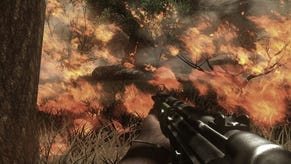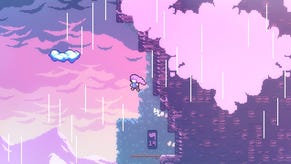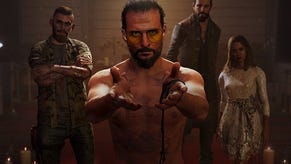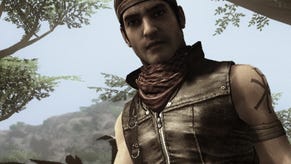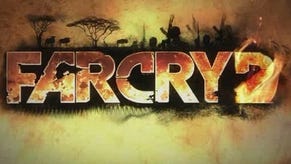Far Cry 2
Island paradise out, malaria in.
In every civil war, there's a moment when the lines have been drawn, but neither side wants to shoot first: a sickly, sweaty sort of time, full of mistrust, fear and empty posturing. That's where Far Cry 2 lives: a world composed primarily of tension. It hangs in the dusty air even during the opening cab ride, bubbling up suddenly as reckless traffic barrels unexpectedly past at an intersection, or threatening to boil over at that first roadblock, when the militiamen stalk around the car firing off questions and staring, sizing you up before eventually letting you past.
Games have drawn you into worlds with a first-person passenger trip before - Far Cry 2's opening is, at best, a copy of a copy - but what's different here is the subtlety of the staging. There are no death squads executing people or smug scientific installations itching to go haywire. Instead there are realistic touchstones: the cabbie pointing out a distant plane and adding that it's the last one out for a while, or that near-miss down the road, given a quiet chill by the ensuing roadblock, where you aren't attacked or beaten over the head with exposition, merely belittled and slyly informed of the playground rules of this oppressive environment.
Narrative subtlety is a quality that defines the game, yet it's not the only force at work. The tension remains, too, but it's tension of a different kind: Far Cry 2 needs its Africa to provide both a realistic backdrop of suffering and unreliability, where guns jam, cars stall, and there's always a human motive lurking in the shadows, as well as a combustible playground, where unlikely heroics turn the tide of a skirmish, and there are enough explosive barrels to keep even the most unhinged joyseeker happy. Inevitably, sparks often fly when the two agendas converge: this is an admirably serious FPS, yet one that struggles with its own identity.
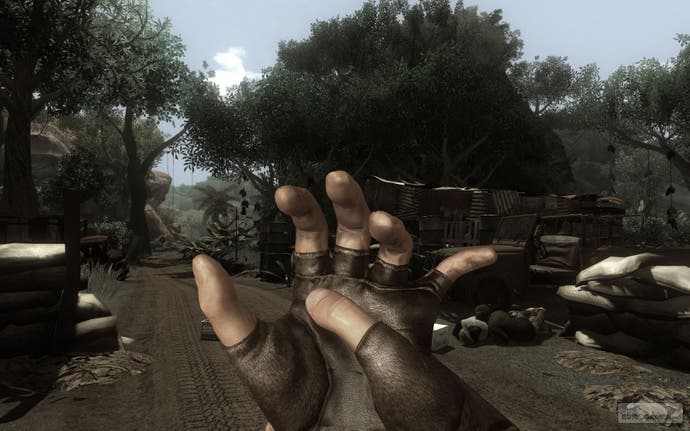
Technically, Far Cry 2 is a regular marvel, modestly hiding its achievements under the surface. From its sandbox, composed of miles of jungle, savannah and swampland, which requires only a single (albeit prolonged) burst of loading after fast travel or each restart, to the invisible ways the game's narrative re-stitches itself around your choices - the roles you choose not to play fitting themselves back into your story - these are the kind of technical ambitions which succeed only if you don't notice them. And you almost don't, with only the occasional hitch as you round a corner and a chunk of geometry is hanging in mid-air for a second, or when the game forces an obvious trigger point. The result is an authentic setting with an engine built to capture the particular light of every time of day, or spread unpredictable fire across its grasslands - sometimes useful, always deadly, and prone to getting comically out of hand.
And then there's the story. Other games draw their inspiration from Seagal or Norris, but this is Heart of Darkness - a book with plenty of psychological intrigue, but very few flaming jeeps driving into a barn as you're comically mown down by a passing zebra. It's safe to say that adjustments have been made.


